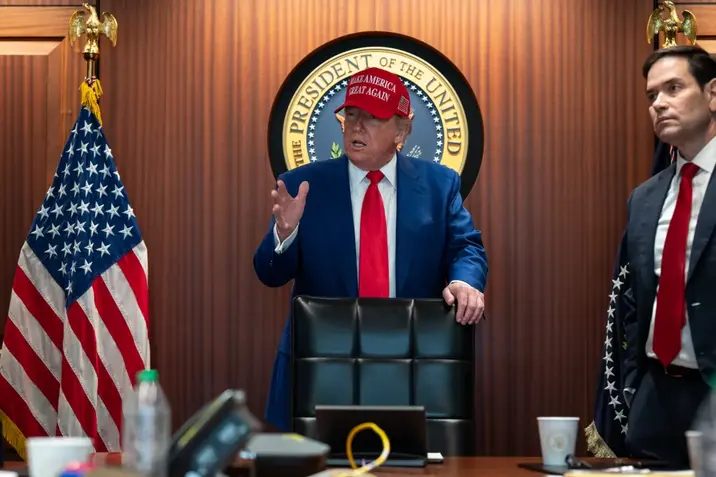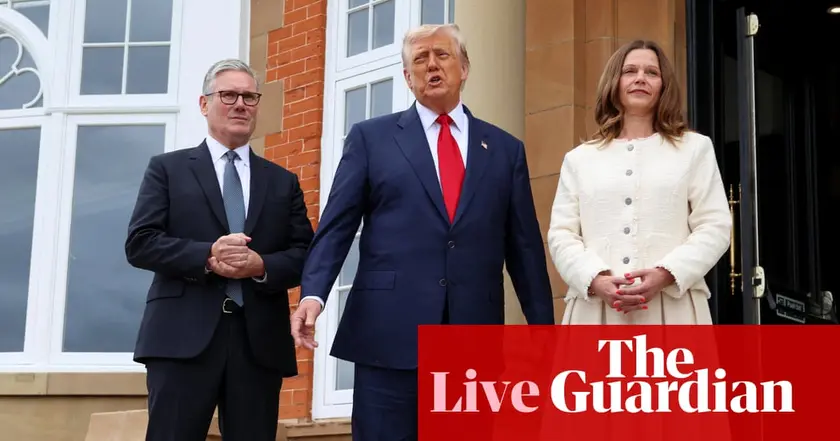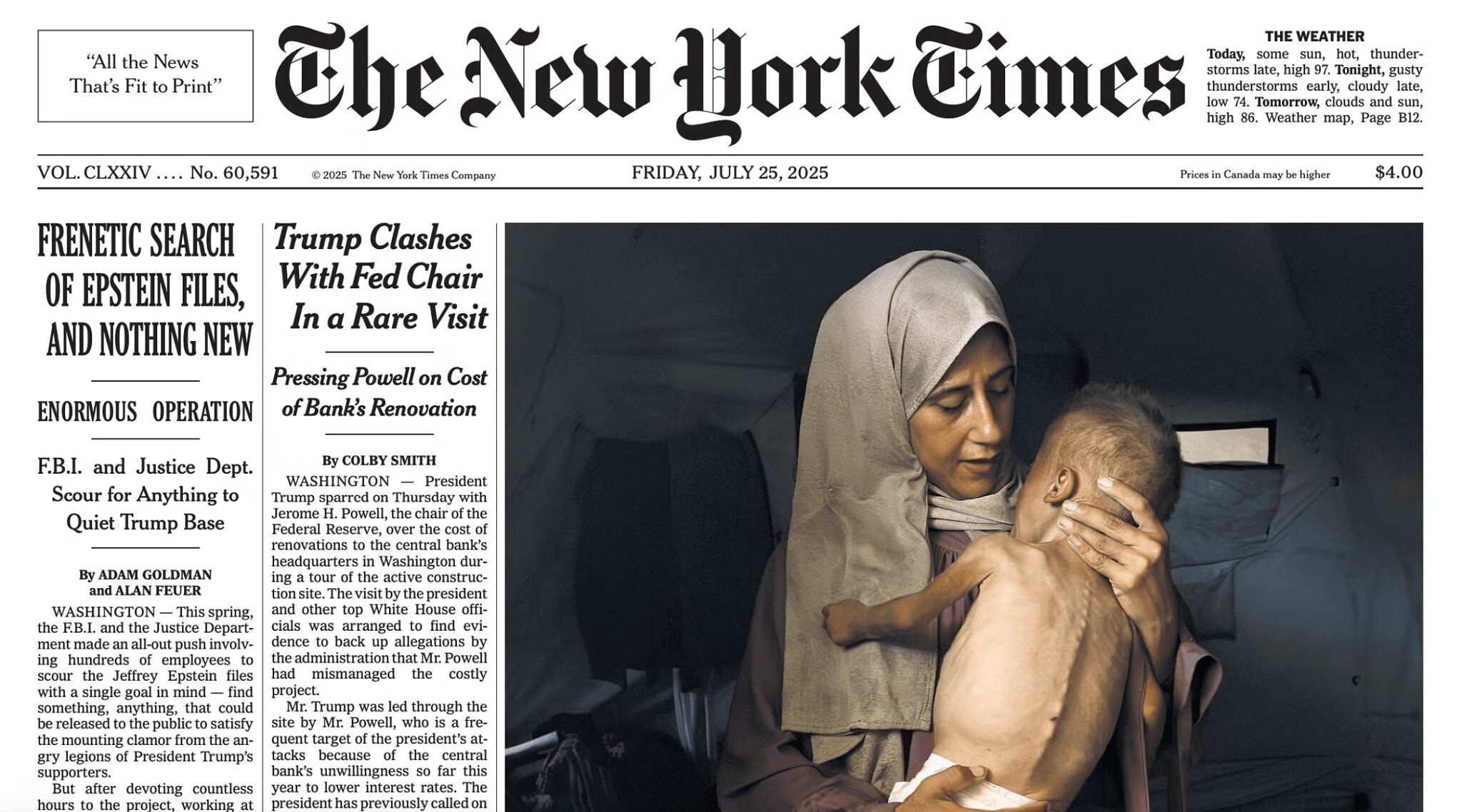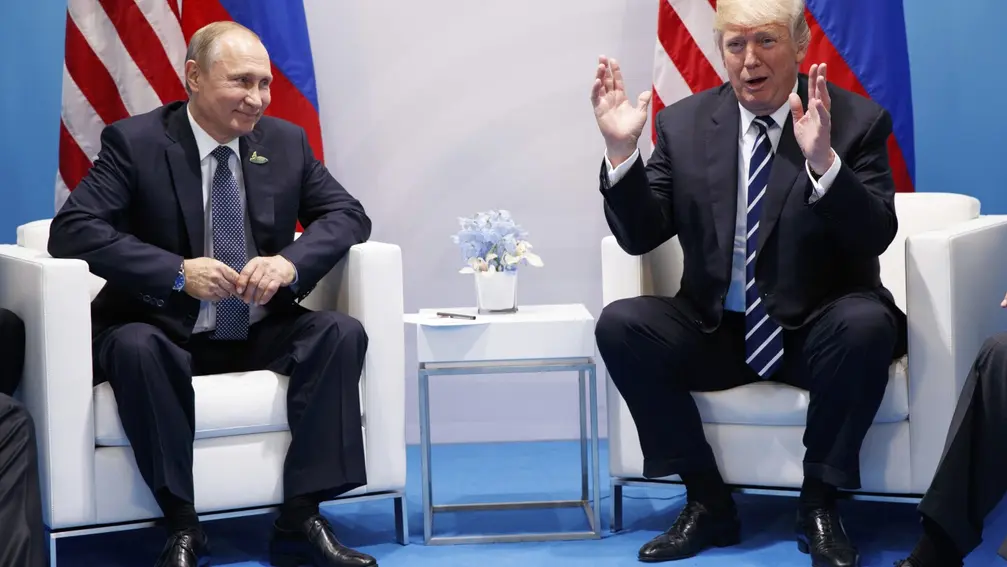T4K3.news
Clarifying report on six wars claim
A closer look at Trump’s claim on ending six wars in six months and what the record actually shows.

A close look at a presidential claim about ending six wars in six months and how it stacks up against the facts.
Trump's six wars claim under scrutiny
Trump asserted in a Fox News interview that he has ended six wars in six months. The White House then circulated a list to The Dispatch naming seven conflicts as evidence, including Thailand and Cambodia, Israel and Iran, Rwanda and the Democratic Republic of the Congo, India and Pakistan, Egypt and Ethiopia, Armenia and Azerbaijan, and Serbia and Kosovo. Several items on that list are not wars, and the degree of U.S. involvement in recent months varies widely.
Experts interviewed for the piece caution that the claim blends diplomacy with military outcomes. Mirette Mabrouk says there is no war between Egypt and Ethiopia and that neither side wants it to escalate. Evelyn Farkas notes that stopping six wars in six months is a mischaracterization built on redefining war and emphasizing diplomacy over formal mediation. On India and Pakistan, officials described a ceasefire reached with mixed messaging from Delhi and Islamabad. Other cases, like Azerbaijan and Armenia, show progress but leave questions about durability. A Cambodian–Thai border incident after a ceasefire is cited as a reminder that peace processes are fragile and unfinished.
Key Takeaways
"There is no war between Egypt and Ethiopia. Neither side ever wants it to get like that."
Mirette Mabrouk on the Egypt–Ethiopia dispute.
"Diplomatic encouragement for parties to talk is not the same thing as a formal, structured mediation."
Alyssa Ayres on diplomacy versus mediation.
"He wants to stop war, and that is laudable."
Evelyn Farkas on Trump’s intent.
"The war had ended under the Biden administration, and they had been working very hard to bring it to a successful peace agreement."
Evelyn Farkas on timeline for Azerbaijan–Armenia.
The report highlights how political messaging can outpace factual accounting in foreign policy. When leaders speak in sweeping terms about ending wars, the public hears decisive action, even as the realities of diplomacy unfold in slower, uneven steps. That gap between rhetoric and outcome can erode trust when the next setback emerges.
The piece also tests the idea of what counts as a victory in foreign policy. It distinguishes between diplomacy that encourages talks and formal mediation that actually shapes a final settlement. These nuances matter, because lasting peace depends on durable agreements, credible enforcement, and the removal of incentives for renewed conflict. The risk is that the public misreads a temporary ceasefire or a limited agreement as a complete resolution, complicating future negotiations and political accountability.
Highlights
- Diplomatic outreach is not the same thing as mediation.
- End six wars in six months sounds like a marketing slogan.
- There is no war between Egypt and Ethiopia.
- A ceasefire can be real without a lasting peace.
Political credibility risk
The claim risks misleading the public by conflating diplomacy and temporary ceasefires with a blanket statement that wars ended. It highlights the need for precise definitions and verification in reporting on sensitive international affairs.
Diplomacy moves in fits and starts, and precision beats bravado in the public record.
Enjoyed this? Let your friends know!
Related News

Trump signals peace talks with Russia ahead of Alaska summit

Trump discusses impact on global conflicts during Starmer meeting

Russian offensive campaign assessment updates

Journalist deaths in Gaza

Netanyahu weighs suit against New York Times
Documentary Investigates Iconic Vietnam Photo Controversy

New York Times corrects story about Gaza child

Trump Putin Alaska meeting stirs Ukraine war context
